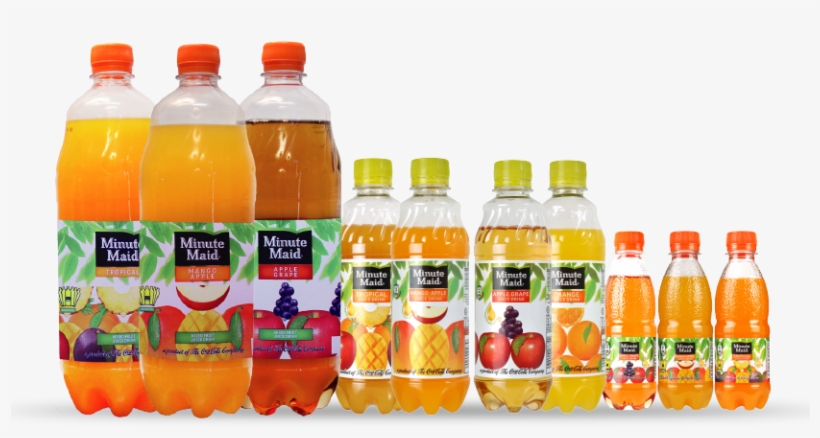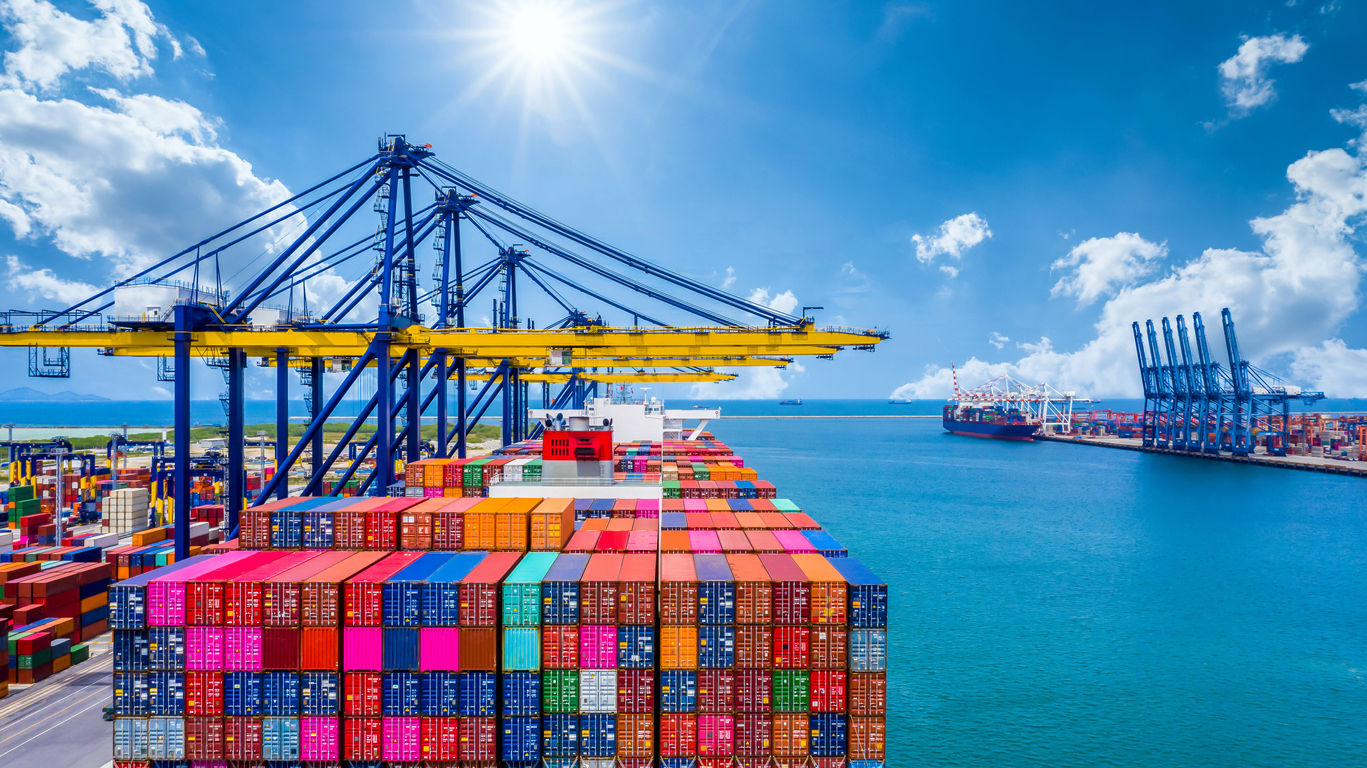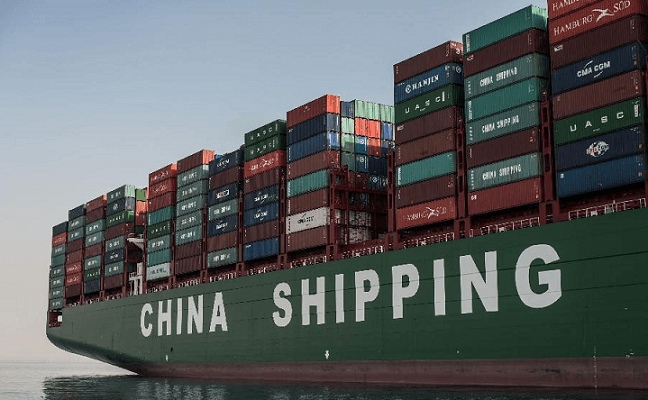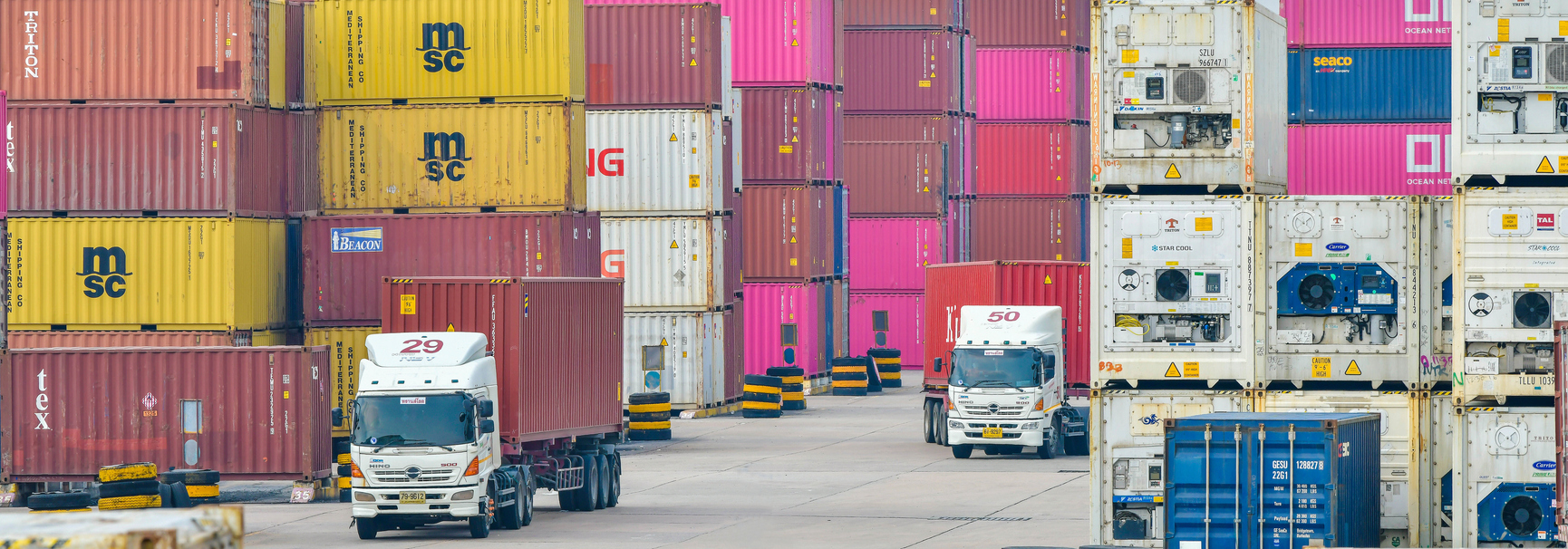Buying and Exporting Fruit Juice from Zimbabwe: A Guide for the Uninitiated
Buying and Exporting Fruit Juice from Zimbabwe: A Guide for the Uninitiated
Zimbabwe is a country with some of the most fertile lands and natural resources in the world. As such, it should be no surprise that agriculture is a pivotal industry for the nation. The production of fruit juices and other related products is an important part of this sector, as Zimbabwean residents love their drinks. This article focuses on the buying and exporting of fruit juices from Zimbabwe. It discusses common questions related to these practices, including licensing requirements and VAT registration information. If you are interested in getting started with your own company or business venture, this article will serve as an excellent resource.
What is the current state of the Zimbabwean economy?
The Zimbabwean economy has been in a state of economic decline for many years now. This is due to a mix of factors, including declining agricultural production and a lack of foreign investment in the nation. This economic decline has led to a significant rise in poverty levels in Zimbabwe, as many are unable to meet their basic needs even with government assistance. This economic decline has also led to a decline in the availability of basic resources, like electricity and water. This has, in turn, affected industries that rely on these resources, such as manufacturing.
Finding a Good Manufacturer
One of the first tasks that you should complete when getting started with your importing business is finding a good manufacturer to partner with. This is important because you will be responsible for the quality of the products you sell. If you select a manufacturer with high-quality products, you will be able to identify and sell only those products that meet your standard. Because of the importance of this partnership, you should take the time to find a good manufacturer. Be sure to select a partner that has a strong reputation and meets all of your needs. Some ways to find a good manufacturer include: – Research and analysis – You should begin your search by learning more about the different types of manufacturers that exist and their advantages and disadvantages. You can do this by reading articles online and conducting your own research. – Talking with your industry peers – If you are part of an industry association, you should consider reaching out to your fellow members. You can ask them about the manufacturers that they use, and determine if they would recommend them to you. – Using business directories – You can also find a manufacturer by using business directories such as the Zimbabwe Business Directory.
Which fruits are most popular in Zimbabwe?
Zimbabwe’s tropical climate allows it to produce a wide variety of fruits, including avocados, bananas, mangoes, oranges, pineapples, and pomegranates. Most of these fruits are produced during the country’s two rainy seasons. Some of the most popular fruits are: – Avocados – Zimbabwe is one of the top avocado producers in the world. The country’s tropical environment and rich soil are ideal for growing avocados. – Bananas – Bananas are an extremely popular fruit in Zimbabwe. They are one of the country’s primary crops, with over 3,000 hectares of land devoted to banana growing. – Mangoes – Although not as popular as other fruits, mangoes are still loved by many Zimbabweans. The country produces over seven million kilograms of mangoes each year. – Oranges – The majority of oranges grown in Zimbabwe are Persian oranges. They are mainly grown in the east of the country during the rainy seasons. – Pomegranates – The pomegranate is a very popular fruit in Zimbabwe. The shrubs are grown in most areas of the country.
Exporting Process for Fruit Juice in Zimbabwe
The exporting process for fruit juice in Zimbabwe is fairly straightforward. However, there are a few things that you should be aware of before you get started. First, you will need to find a manufacturer that produces juices using locally sourced products. You should also make sure that the manufacturer follows the necessary safety and health standards. You will then need to find a distributor in Zimbabwe to sell your product. You can conduct your own search for a distributor or use a business directory to make this process easier. After you have found a distributor, you will need to select a port to export your product from. Some of the most popular ports for food and beverage exports are the ports of Houston, Los Angeles, New Orleans, New York, and Savannah. Once you have selected a port, you will need to obtain an export license. You can do this by completing the necessary forms and providing proof that the juice was made with locally sourced ingredients. Finally, you will need to conduct a final quality check to ensure that the juice meets your standards.
Conclusion
Zimbabwe is a country with a rich culture and history. It is also a country with a wide variety of natural resources, including some of the most fertile land in the world. Because of this, agriculture is a prominent industry in Zimbabwe. The production of fruit juices is an important part of this sector, as Zimbabwean residents love their drinks. This article focused on the buying and exporting of fruit juices from Zimbabwe. It discussed common questions related to these practices, including licensing requirements and VAT registration information. If you are interested in getting started with your own company or business venture, this article will serve as an excellent resource.








LEAVE A COMMENT
You must be logged in to post a comment.